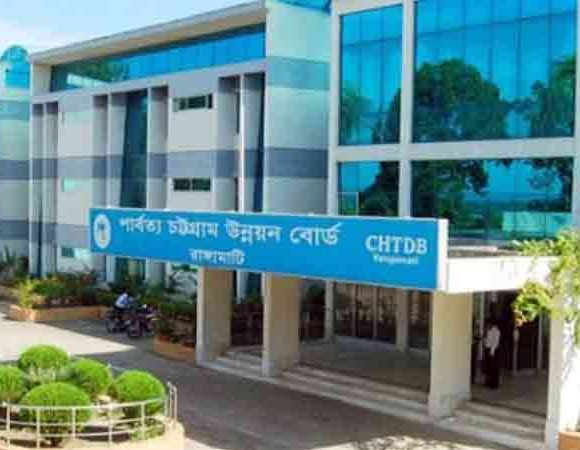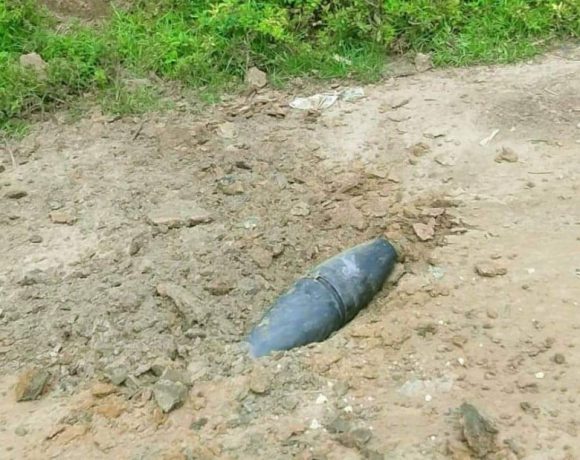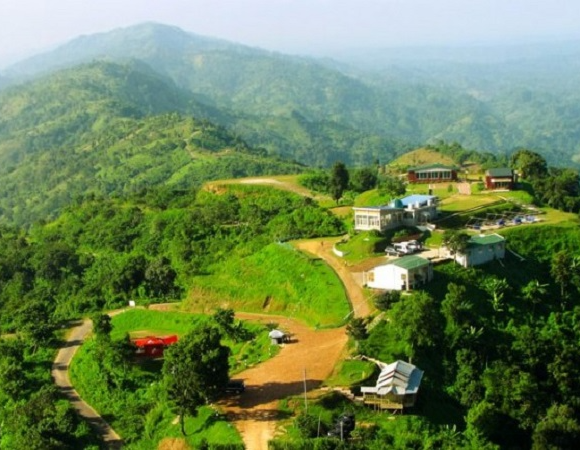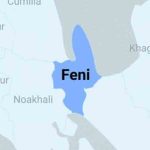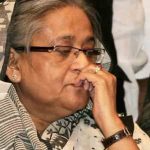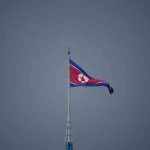Rally advocating for implementation of CHT Peace Accord held in Mymensingh
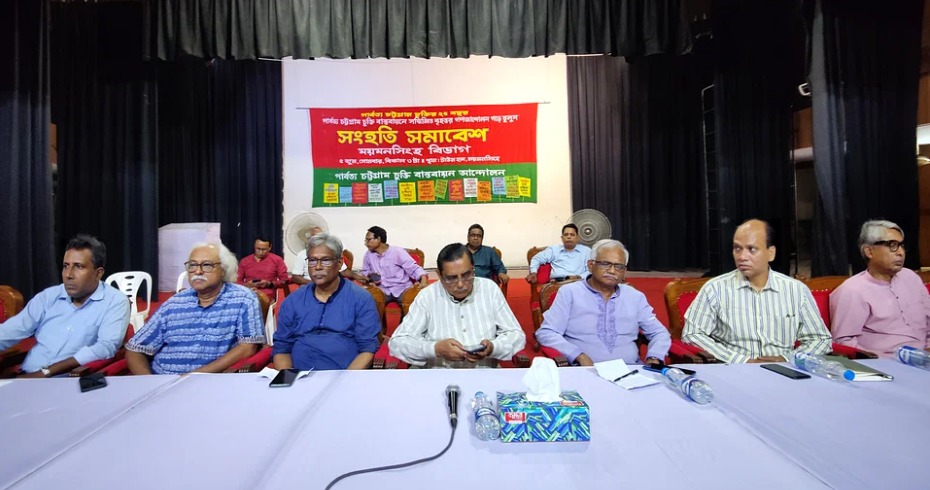
STAFF REPORTER
In commemoration of the 25th anniversary of the Chittagong Hill Tracts Peace Accord, a divisional rally was held in Mymensingh to voice the demand for the complete implementation of the agreement.
The gathering took place on Monday at the Advocate Tarek Smriti Auditorium of Town Hall in Mymensingh.
During the rally, Rashed Khan Menon, president of the Workers Party of Bangladesh, made a fervent address, shedding light on the historical context of the conflict.
Menon expressed his concern over the approach taken by previous administrations.
He said, “Instead of seeking a peaceful resolution to the mountainous issues, Ziaur Rahman resorted to military force, against which we fought. I personally fought against Ershad’s military might.
“While Khaleda Zia took some steps under public pressure, she did not ultimately sign the agreement. It was under Sheikh Hasina’s initiative that the accord was finally signed, yet its full implementation is still pending.
“Regrettably, the ongoing conflict has led to the rise of Kuki-Chin movements and the training of local radical groups, causing unrest across the hills and plains.”
The Workers Party president further emphasized the need for attention to the concerns of the people, saying, “This year’s proposed budget fails to address the plight of the individuals affected by the conflict.
“We strongly urge that the national budget allocate sufficient funds for the comprehensive implementation of the accord.
“It is disconcerting to witness the development of medical colleges, universities, and hotel-motel resorts in the hills, which primarily cater to the enjoyment of Bengalis and for which the hill people are paying the price.
“We must not view this situation solely through a security lens, which perpetuates military rule, but rather work together to address the underlying issues and put an end to separatist sentiments.”
Ruhin Hossain Prince, general secretary of CPB, also provided insightful remarks during the rally, shedding light on the historical origins of the unrest.
He said, “The Chittagong Hill Tracts had been plagued by persistent unrest, necessitating the signing of the peace accord.
“The seeds of this conflict were sown around the Kaptai Power Station in 1960, and even after the establishment of an independent Bangladesh, the 1972 constitution failed to provide a comprehensive solution.
“While the government claims to have implemented 48 out of the 72 conditions stipulated in the accord, we assert that only 25 have been fulfilled thus far.”
The CPB general secretary further stressed the importance of preserving the rights of tribal communities.
He said, “The accord explicitly stated that hill areas should be inhabited by the hill tribespeople. However, we observe numerous settlements in the region that oppose the spirit of the agreement.
“The scarcity of land in the hills has led to the displacement of ethnic people under the pretext of development.
“Now is the time for us to stand united and demand equal rights for all, while also intensifying our democratic and socialist struggle.”
Dr Moshtaq Hossain from Bangladesh JaSad highlighted the urgent need to resolve the land issue in the hills for the sake of peace, order, and sovereignty.
He said, “The nation, built upon the sacrifices of diverse ethnic groups, must not adopt an exploitative, discriminatory, and imperialistic stance.
“To safeguard peace and maintain our sovereignty, it is crucial to address the land issues prevailing in the hills and ensure the comprehensive implementation of the accord.”
Khalekuzzaman Lipon, a prominent leader of BaSad, emphasized the significance of upholding the principles of equality and justice.
Lipon said, “The liberation war granted Bangladesh independence, with the core values of equality, human dignity, and social justice at its heart.
“However, the current constitution fails to recognise ethnic people as ‘indigenous’, which is deeply disheartening.
“In order to uphold the dignity of the liberation war, we must promptly implement constitutional provisions that recognize the rights of ethnic hill tribes, and the Peace Accord.
“True freedom can only be achieved by preserving their distinctive cultures and ensuring their rights. We must persevere in our struggle to fully realize the objectives of this Accord.”
Saifuzzaman Badsha, president of Jatiya Sramik Jote, raised important questions about the delay in implementing the accord, particularly under the leadership of Prime Minister Sheikh Hasina.
He pointed out the lack of recognition for tribal communities and stressed the interconnectedness of peace in the hills and the plains.
Badsha firmly said, “It is time to expedite the resolution of land issues and ensure the complete implementation of the Accord.”
Expressing disappointment, Shamsul Huda, executive director of ALRD, remarked on the lack of progress achieved over the course of 25 years.
He said, “Despite the considerable passage of time, peace remains elusive in the hills, and it is disheartening that the government has yet to fully implement the accord.”

